Refine search
Actions for selected content:
173 results in Monografías A

A Companion to José Enrique Rodó
-
- Published by:
- Boydell & Brewer
- Published online:
- 19 July 2019
- Print publication:
- 20 April 2018
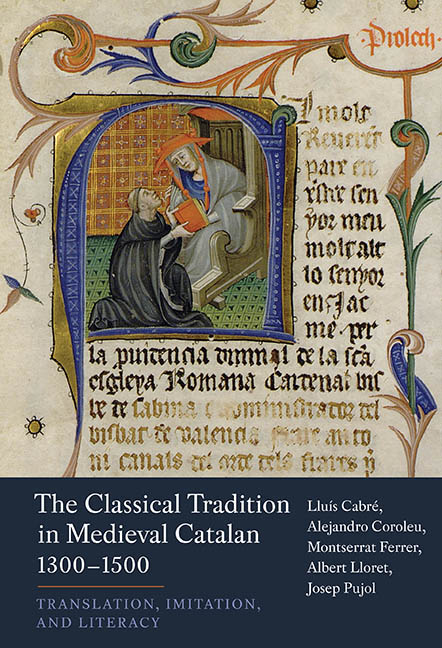
The Classical Tradition in Medieval Catalan, 1300–1500
- Translation, Imitation, and Literacy
-
- Published by:
- Boydell & Brewer
- Published online:
- 03 July 2019
- Print publication:
- 16 February 2018

Narrativas del descalabro
- La novela venezolana en tiempos de revolución
-
- Published by:
- Boydell & Brewer
- Published online:
- 14 June 2019
- Print publication:
- 21 September 2018

El imperio de la virtud
- Grandeza mexicana (1604) de Bemardo de Balbuena y el discurso criollo novohispano
-
- Published by:
- Boydell & Brewer
- Published online:
- 25 October 2017
- Print publication:
- 21 April 2017
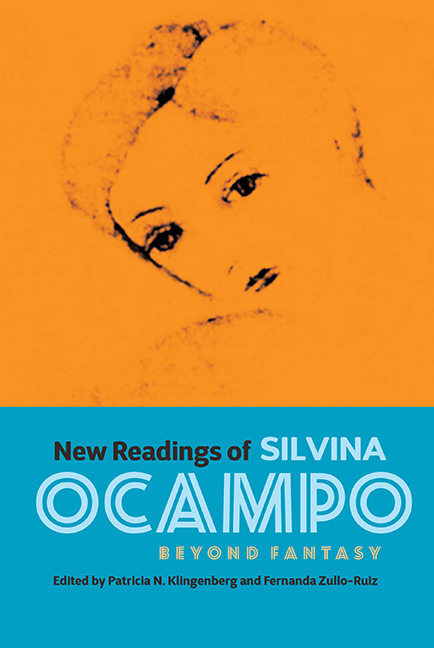
New Readings of Silvina Ocampo
- Beyond Fantasy
-
- Published by:
- Boydell & Brewer
- Published online:
- 31 March 2017
- Print publication:
- 15 September 2016
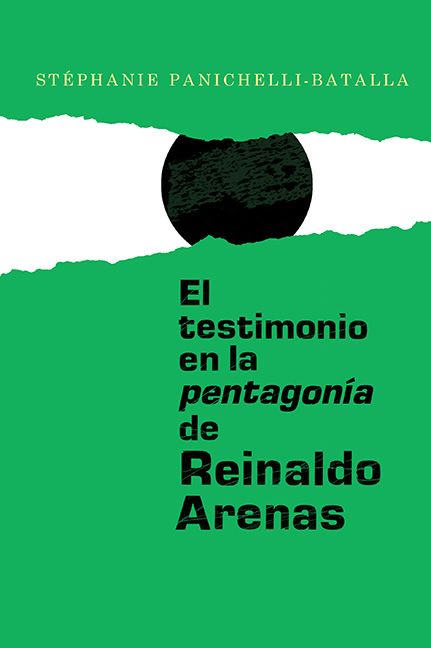
El testimonio en la pentagonía de Reinaldo Arenas
-
- Published by:
- Boydell & Brewer
- Published online:
- 30 March 2017
- Print publication:
- 15 September 2016

Fado and the Urban Poor in Portuguese Cinema of the 1930s and 1940s
-
- Published by:
- Boydell & Brewer
- Published online:
- 05 July 2016
- Print publication:
- 19 May 2016
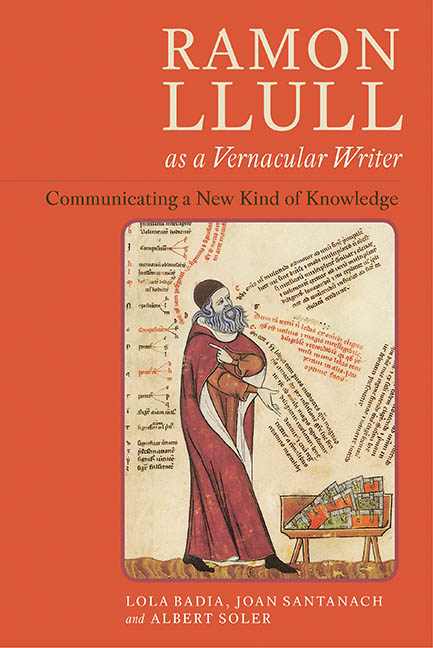
Ramon Llull as a Vernacular Writer
- Communicating a New Kind of Knowledge
-
- Published by:
- Boydell & Brewer
- Published online:
- 05 June 2016
- Print publication:
- 18 February 2016
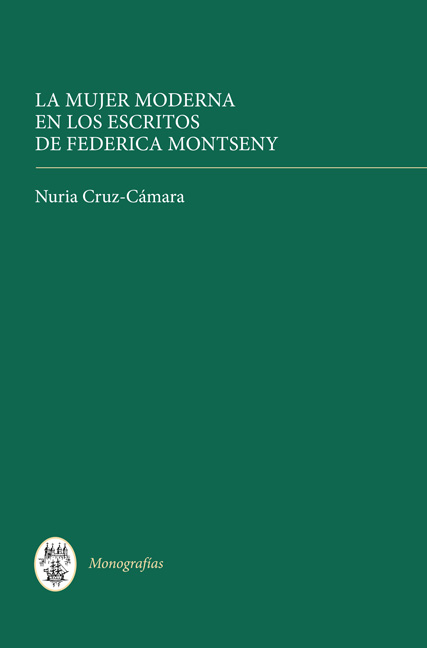
La mujer moderna en los escritos de Federica Montseny
-
- Published by:
- Boydell & Brewer
- Published online:
- 05 December 2015
- Print publication:
- 16 July 2015
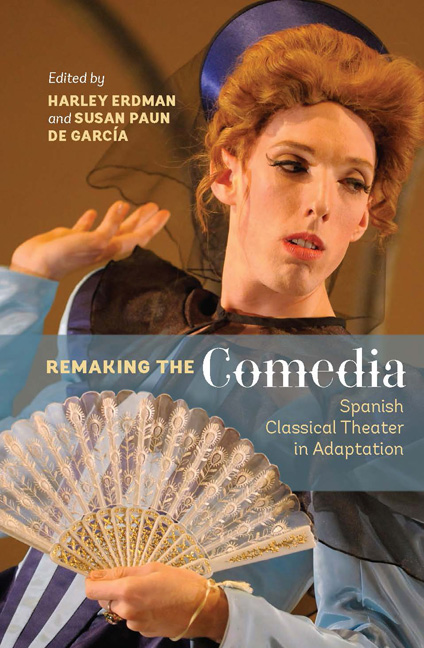
Remaking the Comedia
- Spanish Classical Theater in Adaptation
-
- Published by:
- Boydell & Brewer
- Published online:
- 05 December 2015
- Print publication:
- 16 April 2015
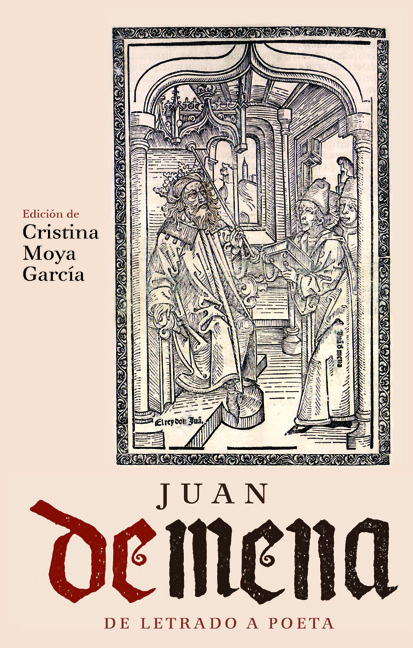
Juan de Mena
- de letrado a poeta
-
- Published by:
- Boydell & Brewer
- Published online:
- 05 May 2015
- Print publication:
- 19 February 2015

A Companion to Galician Culture
-
- Published by:
- Boydell & Brewer
- Published online:
- 05 November 2014
- Print publication:
- 16 October 2014
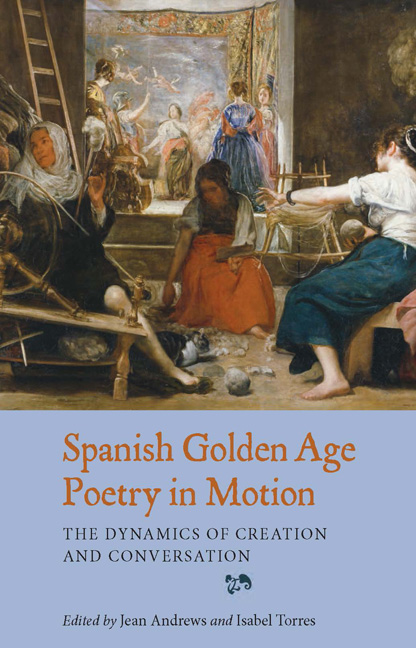
Spanish Golden Age Poetry in Motion
- The Dynamics of Creation and Conversation
-
- Published by:
- Boydell & Brewer
- Published online:
- 05 November 2014
- Print publication:
- 20 November 2014

Queering Acts of Mourning in the Aftermath of Argentina's Dictatorship
- The Performances of Blood
-
- Published by:
- Boydell & Brewer
- Published online:
- 05 October 2014
- Print publication:
- 20 November 2014
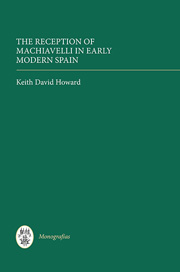
The Reception of Machiavelli in Early Modern Spain
-
- Published by:
- Boydell & Brewer
- Published online:
- 05 September 2014
- Print publication:
- 17 July 2014

Proyecciones de Gabriel Miró en la narrativa española de postguerra
-
- Published by:
- Boydell & Brewer
- Published online:
- 05 April 2014
- Print publication:
- 21 March 2014

Tolerance and Coexistence in Early Modern Spain
- The Moriscos of the Campo de Calatrava
-
- Published by:
- Boydell & Brewer
- Published online:
- 05 April 2014
- Print publication:
- 17 April 2014

Eça de Queirós and the Victorian Press
-
- Published by:
- Boydell & Brewer
- Published online:
- 05 April 2014
- Print publication:
- 20 February 2014

Dialogic Aspects of the Cuban Novel of the 1990s
-
- Published by:
- Boydell & Brewer
- Published online:
- 05 April 2014
- Print publication:
- 20 March 2014

A Companion to Mario Vargas Llosa
-
- Published by:
- Boydell & Brewer
- Published online:
- 05 March 2014
- Print publication:
- 20 February 2014
